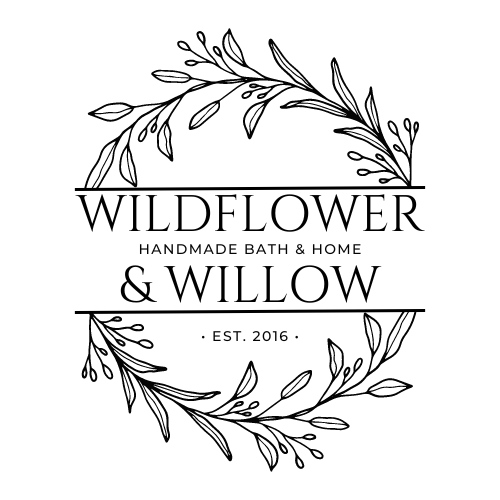Why Handmade?
Why should you use handmade soap?
Historically, handmade soap has been made with animal fats and vegetable oils mixed with sodium hydroxide (you may know this as lye). Centuries old soap was quite harsh, but it did its job. In ancient writings dating to about 2800 BC, there has been note of Babylonians making a type of soap with cassia oil, water, and lye.
In the past few centuries, there have been a number of scientific advances in recipes for making soap as the ingredients used were much more understood. Laundry soap and dish detergents suddenly became different than the soap used for bathing. Liquid soap was introduced in the 1970s.
Soap has become much gentler than ancient versions of the same base product. You may have seen or used soap made by your grandmother. There have even been recipes in cookbooks!
But today's soap is even better than the soap made by our recent ancestors.
Our soap made here at Anna•Rose Soapery in the last few months is completely vegan and cruelty free, with the exception of our goat milk soap. We only use vegetable oils (no lard or tallow) and other ingredients to create incredibly bubbly, decadent products. These oils and butters contain many beneficial nutrients and vitamins that your skin craves.
Some of our soap will have distinctive, translucent lines running through them. This is not a defect! This is a visual representation to remind you that your new handmade bar of soap has a naturally derived glycerin made in the saponification process (that's what we call the process in which the oils and lye chemically combine to create soap). Many commercial bars have this amazing byproduct removed and reserved for other cosmetic products. This glycerin will help to soften water and act as a humectant, drawing beneficial moisture to your skin.
So go ahead and try a bar. You won't regret it.
